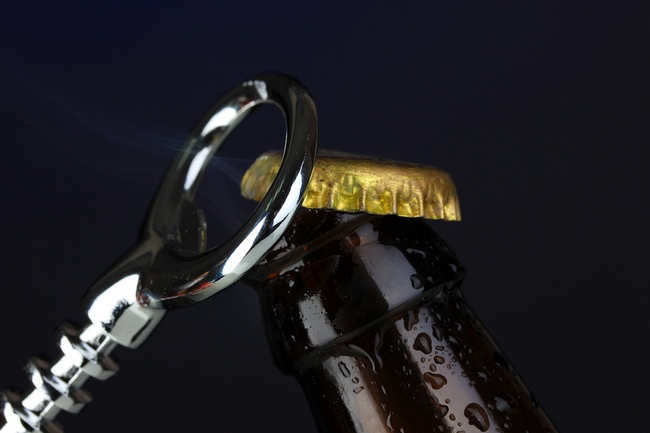- Make It Yourself Lavender Heart-Shaped Bath Bombs!
- 20 Things You Never Knew About “Down There”
- 12 Best Foods For Those Suffering From Arthritis Pain
- 12 Personal Hygiene Mistakes Almost Everyone Makes (Mom Never Told You About #4!)
- 15 Medicinal Plants And Herbs From The Cherokee People
- 12 Mind-Blowing Benefits Of Drinking Coconut Water During Pregnancy
- 12 Outstanding Winter Foods That Won’t Fatten You Up Like A Christmas Turkey
12 Unbelievable Health Benefits In One Six-Pack (#9 Is Our Favorite!)

Photo credit: bigstock.com
2. Beer Lowers the Risk of Heart Disease
Harvard seems to be very interested in beer, because they also did another study where they found that those who drank beer in moderation decreased the risk of heart disease by as much as 40 percent. Harokopio University in Athens also reached the same conclusion during their study. This is most likely because the soluble fiber in beer lowers the “bad” cholesterol in the blood. Drinking beer on a regular basis also increases your “good” cholesterol levels, which reduces the chances of the arteries becoming hard, and the thickening of blood. Beer also contains polyphenols, which are super heart-healthy antioxidants.
3. Beer Reduces the Risk of Cancer
That’s right! Beer contains a potent antioxidant called xanthohumol. This antioxidant has powerful anti-cancer compounds that fight off enzymes in the body that are linked to a higher risk of cancer. Moderate consumption of beer prevents a certain chemical reaction that has been linked to both prostate cancer and breast cancer.
4. Beer Reduces the Risk of Kidney Stones
One study out of Finland found that those who consume beer in moderation reduce their risk of developing kidney stones by as much as 40 percent! Since beer is 93 percent water, it helps to keep the kidneys working properly while they flush out harmful toxins from the urinary system. Although beer is a mild diuretic, it does not lead to dehydration, which is one of the main causes of kidney stones. The hops in beer also slow the release of calcium from the bones, which prevent a buildup of calcium in the kidneys, which most stones are made of, according to the Academy of Nutrition and Dietetics.
Continue to Page 3
































